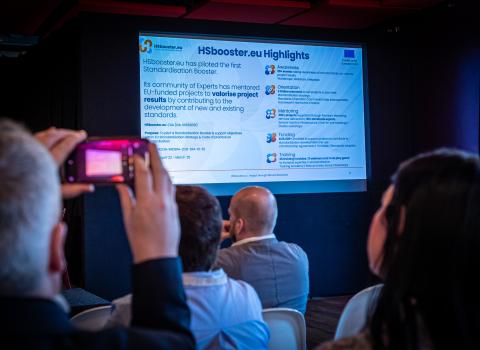In small and medium-sized companies, investments in knowledge transfer and creation promote internalisation. Knowledge is transferred both through internal and external transfer, i.e. between the various actors within the company and outside it, such as customers and other companies.
Knowledge transfer and creation play a key role especially in the most important functions related to internationalisation, which are production, product development and international marketing.
Tenho Kohonen's study combines learning culture with a company's internal knowledge transfer and social capital with its external knowledge transfer. According to the results, a good learning culture improves internal knowledge transfer and ample social capital enhances external knowledge transfer.
The target group of the study comprised small and medium-sized companies that produce components for foreign end product manufacturers. The study provides new information on knowledge transfer and creation as well as the internationalisation of SMEs.
The knowledge creation theory developed in large enterprises, for example, contains too many phases to be applied to SMEs. Instead, a simpler model is usually better applied to them: for example, a manager comes up with a new outlook which is then "sold" to others and implemented in practice.
Learning culture and social capital improve knowledge transfer
According to Kohonen's study, the most essential aspect of internal knowledge transfer is that the competence of production teams is developed to make production more efficient and improve product quality.
Knowledge transfer between teams in the various stages of production is equally important, as it increases productivity throughout the production chain. A learning culture in which everyone is willing to do their best promotes internal knowledge transfer.
External knowledge transfer makes use of knowledge which is possessed by customers and various organisations and may relate to various functions. When a company makes new policies, the competence of external board members, for example, can be taken into use. Social capital is based on interpersonal relationships and bears great significance when transferring external knowledge to a company.
A central finding in the study was the effect that internationalisation-related corporate policies had on knowledge transfer and creation. A "relationship deepener" only focuses on a few foreign customers in a nearby country.
In this case, the people involved consist of various experts that may create versatile new information among themselves. A "market expander", on the other hand, constantly seeks new target countries either exclusively in Europe or also in other continents. The knowledge transfer and creation of a market expander is based on contacts with several new and increasingly demanding customers.





 A unique international forum for public research organisations and companies to connect their external engagement with strategic interests around their R&D system.
A unique international forum for public research organisations and companies to connect their external engagement with strategic interests around their R&D system.